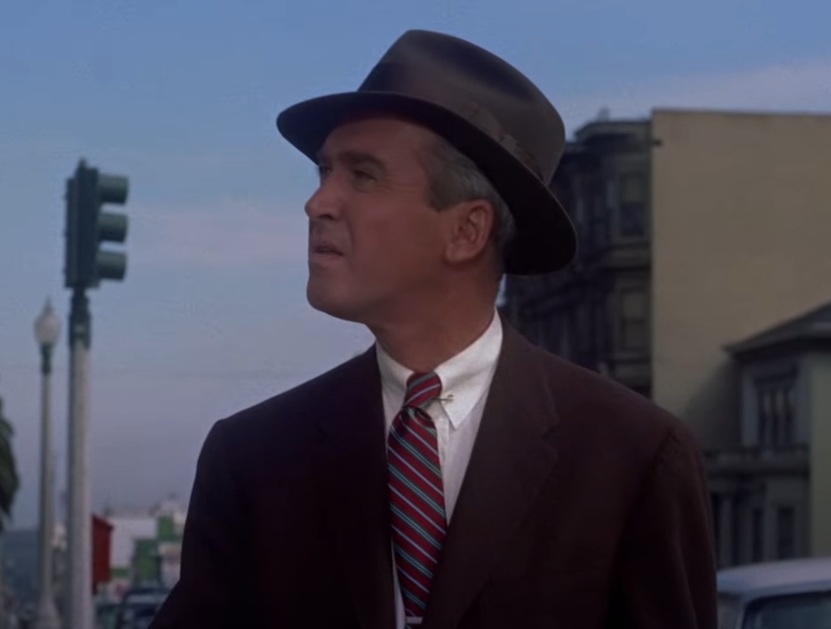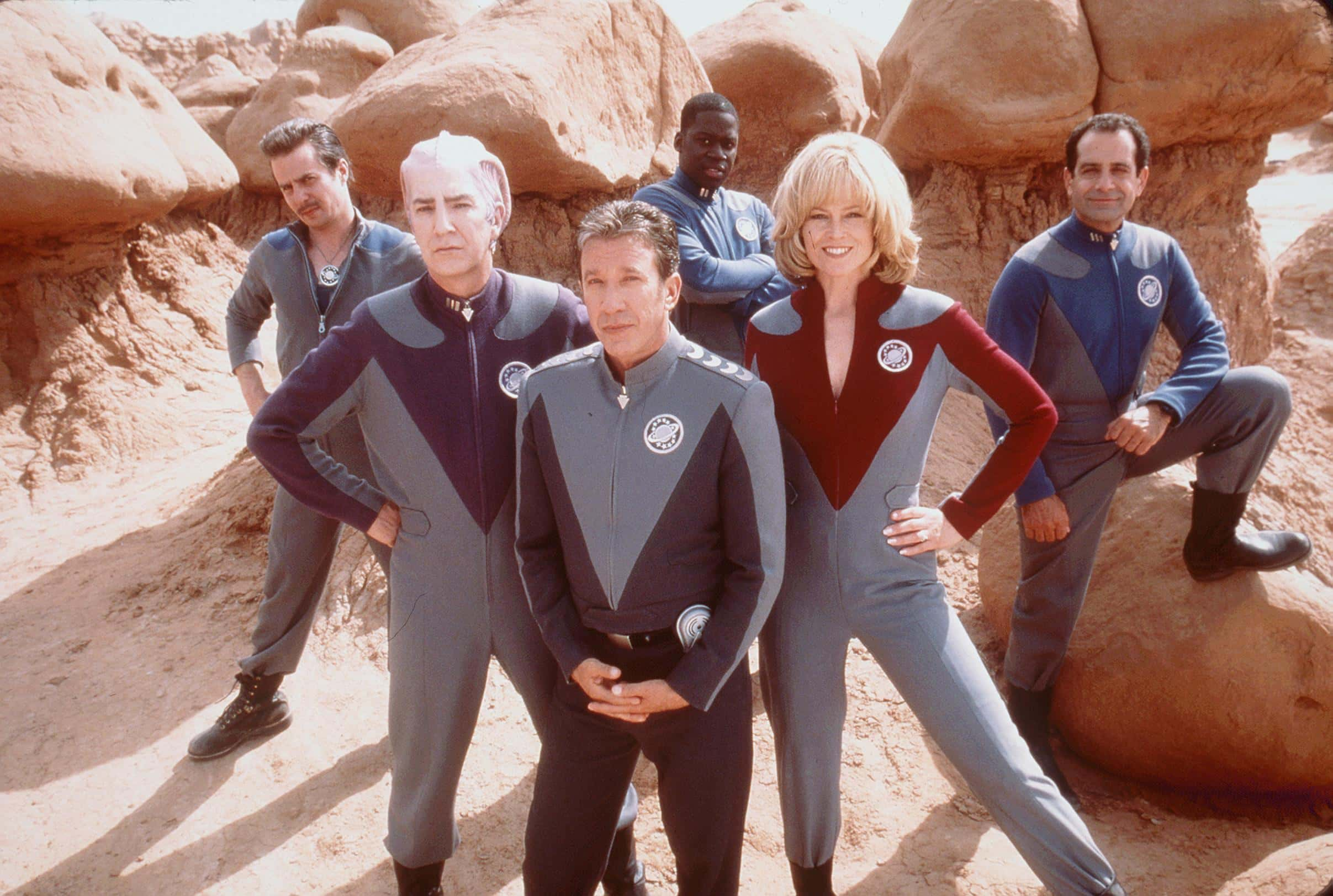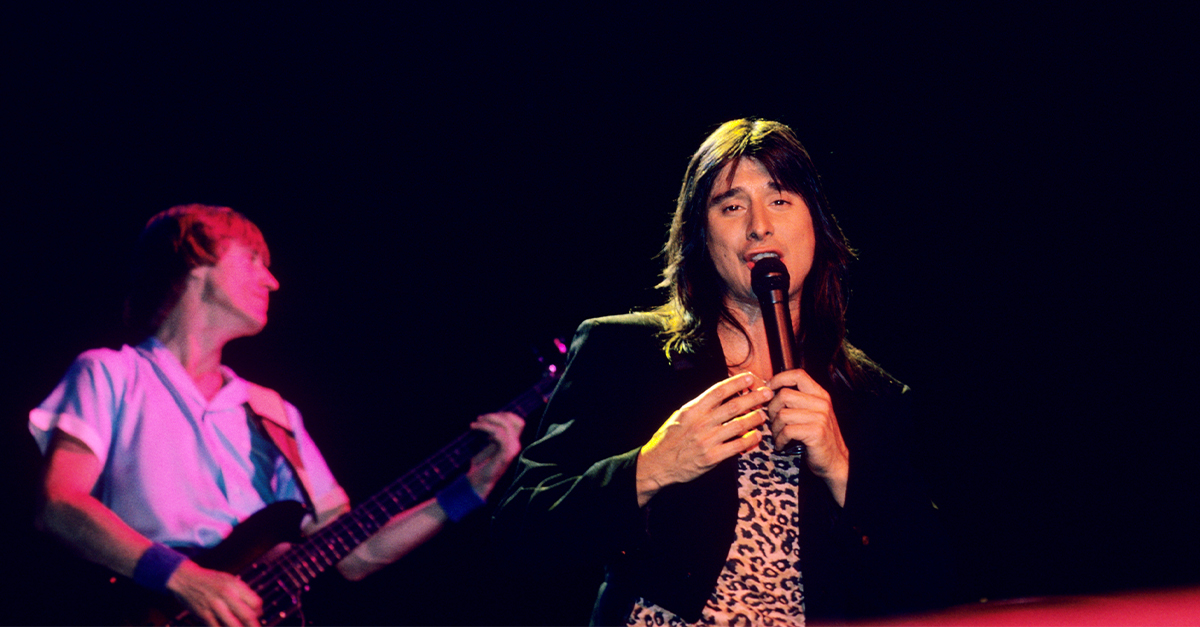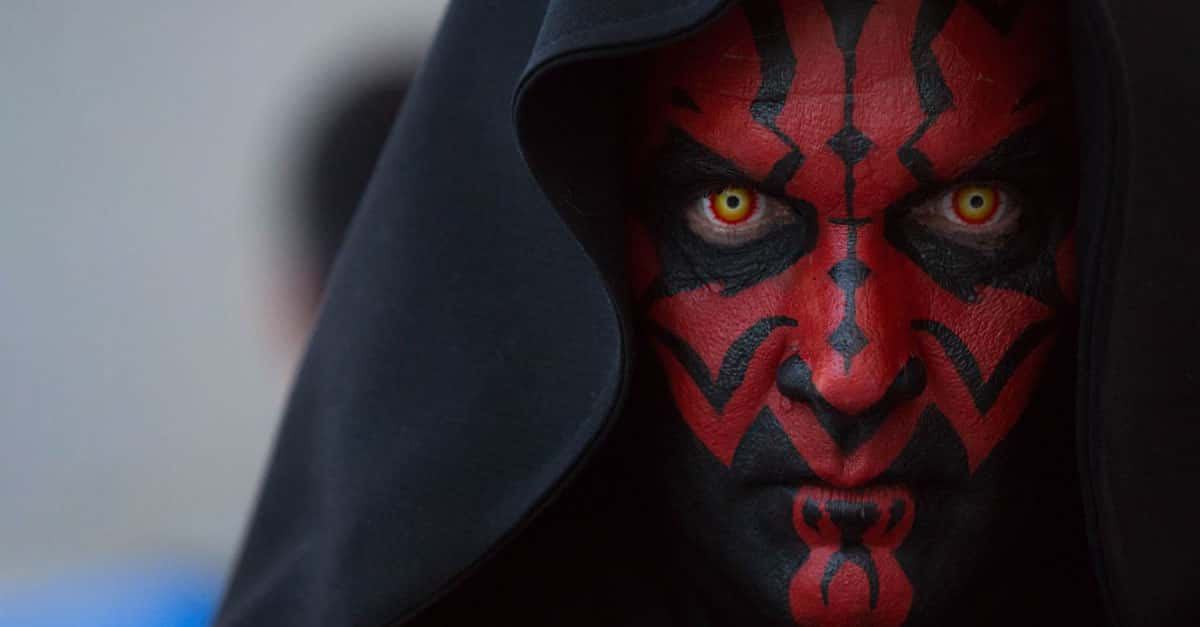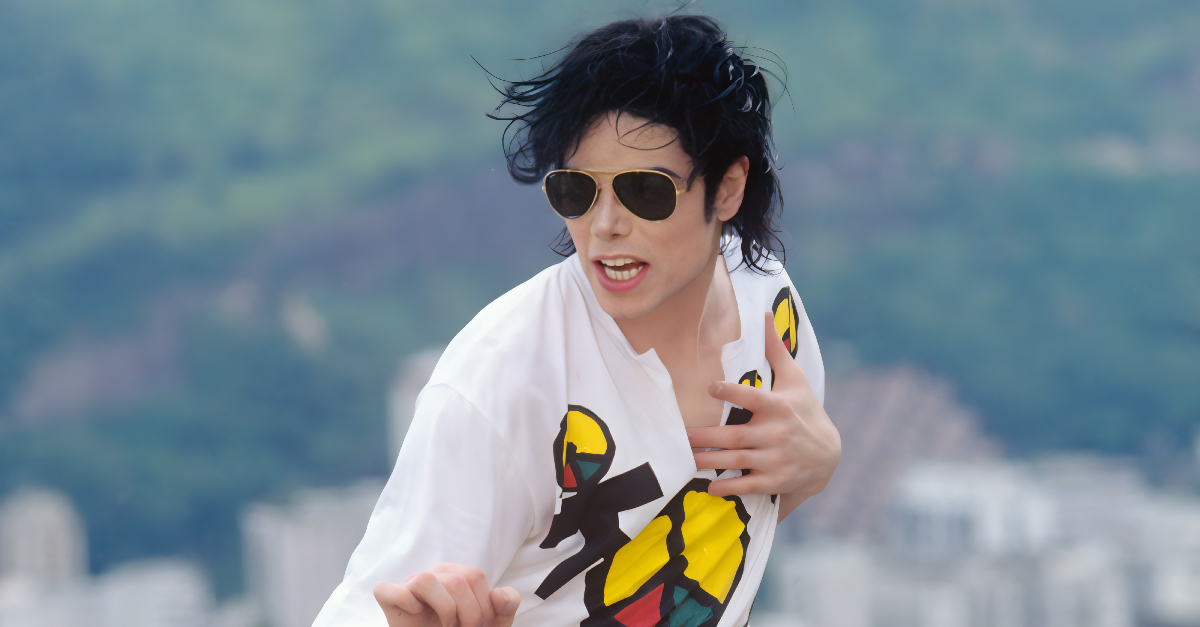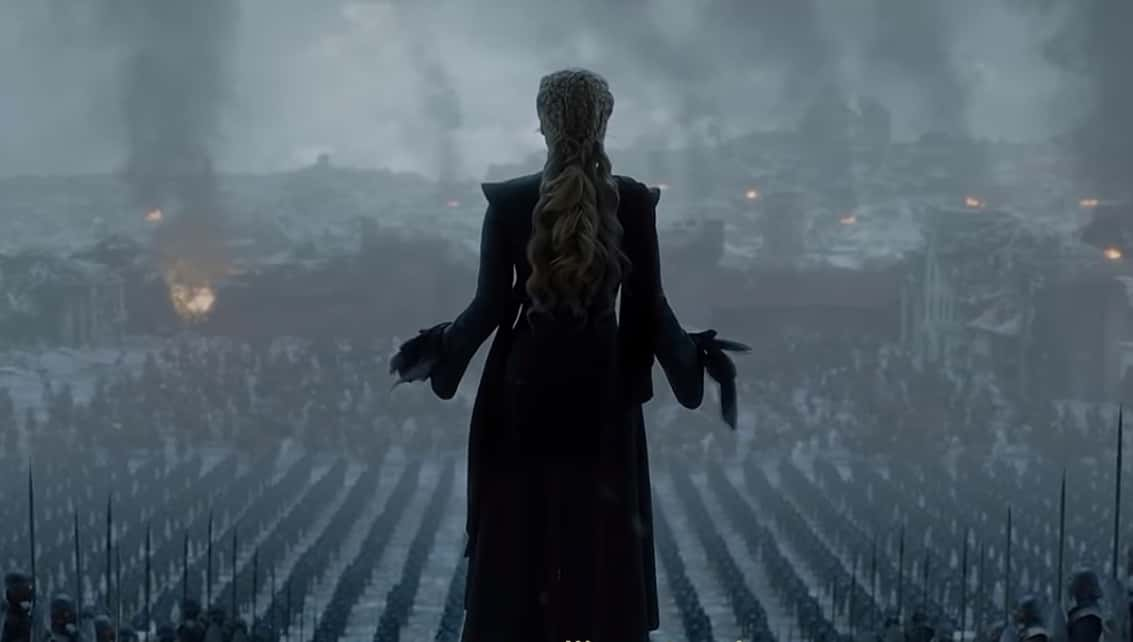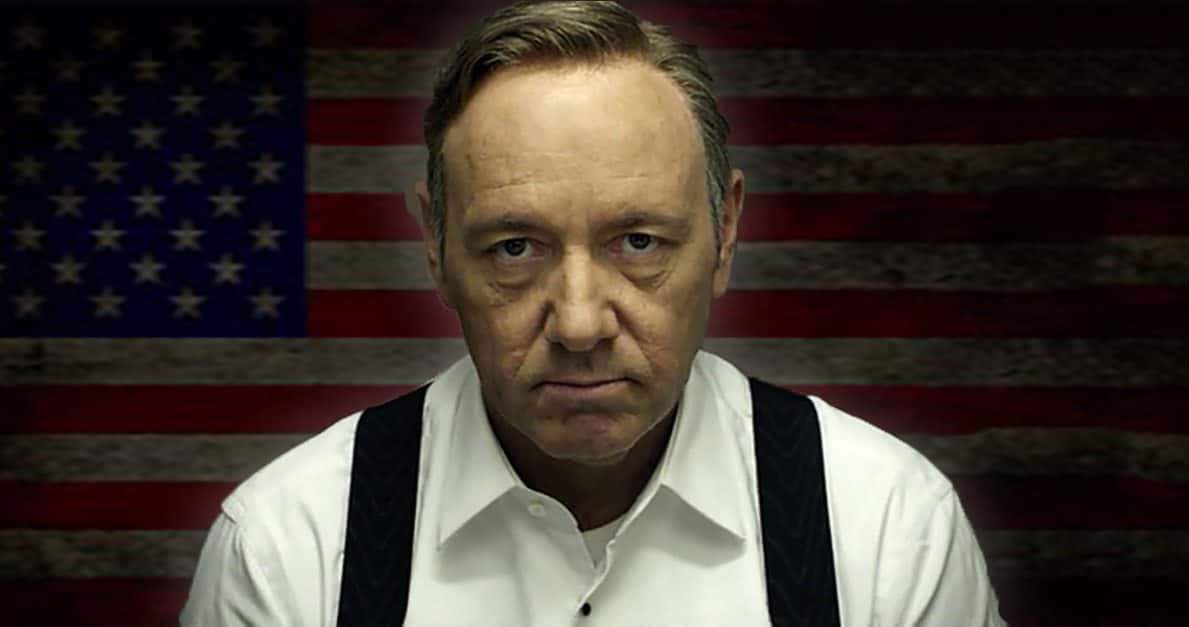Third Time’s The Charm
Ever notice how some movies crash into theaters like a firework…and fizzle out fast? Then, years later, they surge back into the spotlight—thanks to VHS sprees, late-night airings, or relentless internet fandom. These are the true cinematic underdogs—film oddballs that took their sweet time winning hearts.
Blade Runner
Ridley Scott’s neon-drenched neo-noir was initially dismissed, criticized for its pacing, tone, and complex dystopian setting. But as home video and director’s cuts rolled out, audiences obsessed over its haunting visuals and philosophical musings. Over time, “Blade Runner” became a sci-fi masterpiece, proving that real fans don’t just watch, they agonize over dialogue like “tears in rain”.
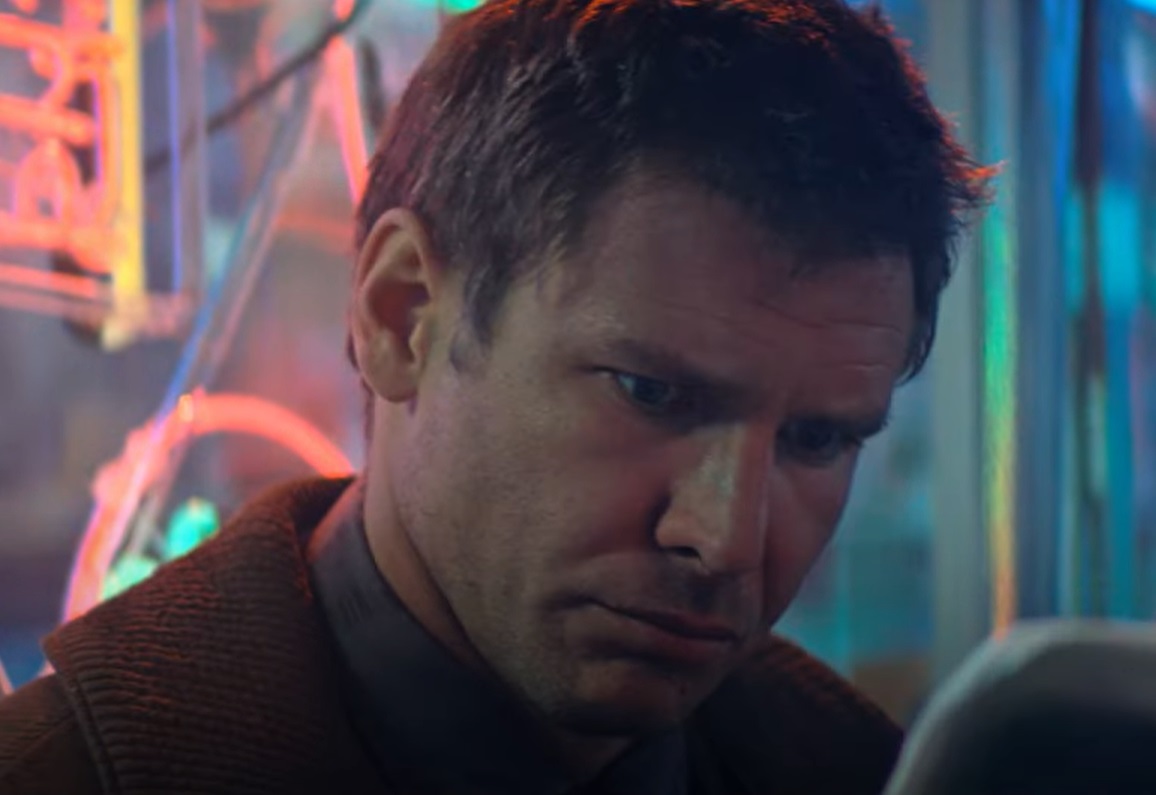 Warner Bros., Blade Runner (1982)
Warner Bros., Blade Runner (1982)
Fight Club
When “Fight Club” hit theaters, studio execs recoiled at its violence and nihilism, and it underperformed at the box office. But the DVD release let the frankness and twisted humor find its tribe, with viewers quoting “The first rule of Fight Club…” at every awkward social gathering. By its tenth anniversary, The New York Times had crowned it “the defining cult movie of our time”.
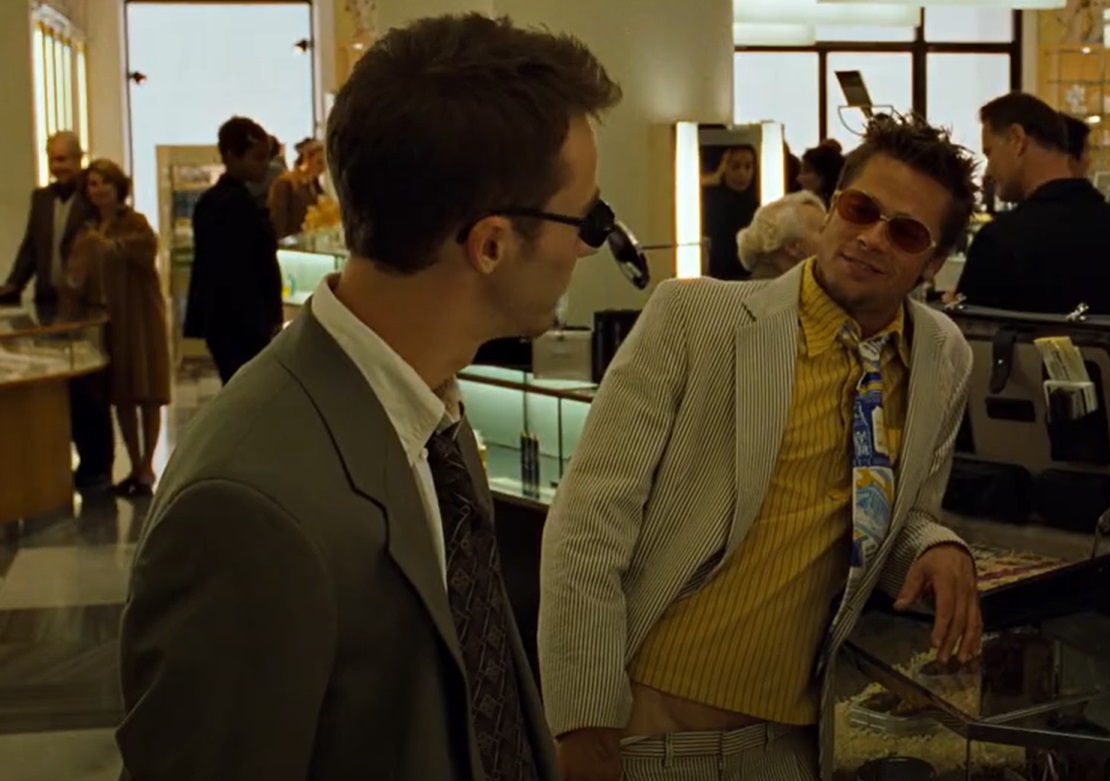 Twentieth Century, Fight Club (1999)
Twentieth Century, Fight Club (1999)
The Thing
John Carpenter’s chilling Antarctic horror scored shrugging reviews initially, but its grotesque special effects and paranoid atmosphere caught fire later. By the late ’90s, it was recognized as a horror landmark and often listed among the genre’s greatest—and most influential—works.
 Universal Pictures, The Thing (1982)
Universal Pictures, The Thing (1982)
Donnie Darko
When it first hit theaters, this time-bending teen drama lost money and largely disappeared—overshadowed by its marketing bungles and heavy themes. Yet thanks to DVD and word-of-mouth, audiences fell in love with its existential anxiety and rabbit-costumed mystique. The movie trip you didn’t know you needed became a rite of passage for every sleep-deprived midnight philosopher.
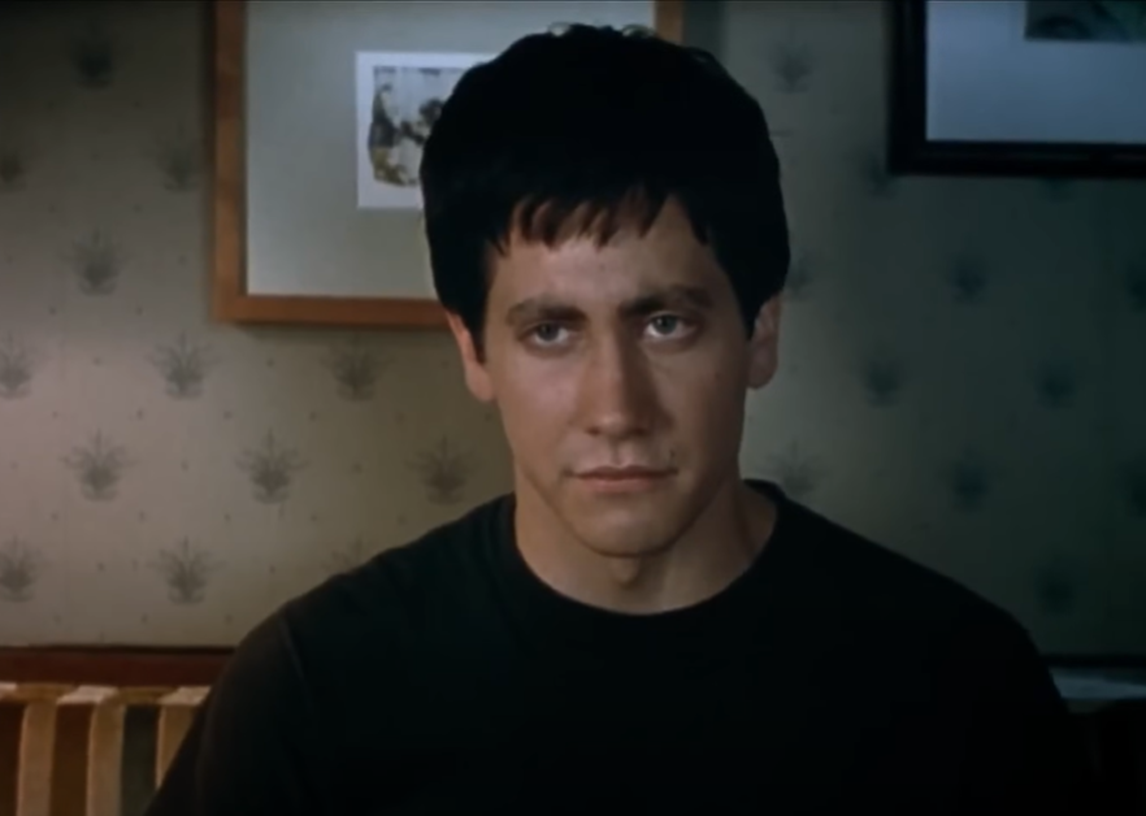 Adam Fields Productions, Donnie Darko (2001)
Adam Fields Productions, Donnie Darko (2001)
The Iron Giant
Don’t let that cute robot face fool you—when “The Iron Giant” premiered, merchandising misfires and poor timing sank its box-office hopes. But once families discovered the heartfelt blend of ’50s nostalgia, emotional weight, and Giant’s famous “you are who you choose to be” arc, love for it soared. Today, it’s considered one of animation’s sweetest underdog stories.
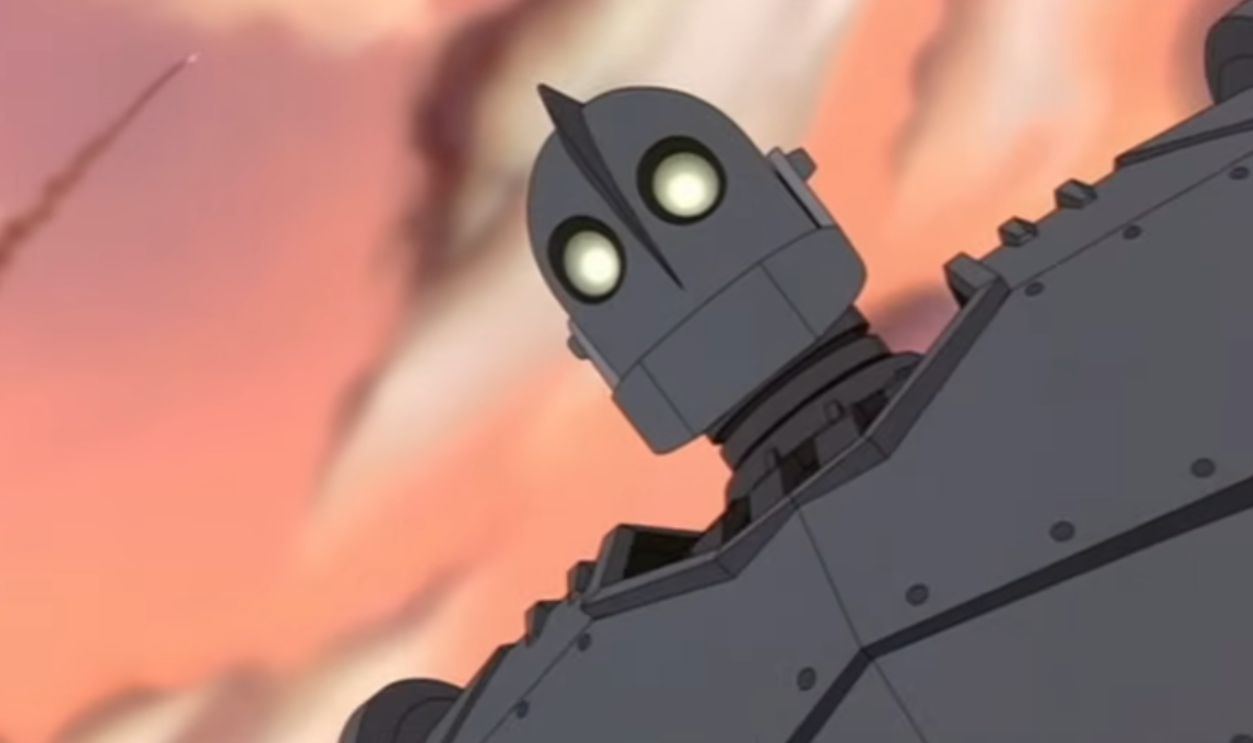 Warner Bros, The Iron Giant (1999)
Warner Bros, The Iron Giant (1999)
The Wizard Of Oz
It’s almost hard to imagine now, but “The Wizard of Oz” wasn’t an instant classic in 1939—its initial run garnered only modest attention due to wartime distractions. However, annual television broadcasts turned it into a beloved, brightly colored legend, enchanting generations with ruby slippers, flying monkeys, and moral metaphors. Sometimes, small beginnings bloom into technicolor folklore.
 Warner Bros., The Wizard of Oz (1939)
Warner Bros., The Wizard of Oz (1939)
Office Space
This workplace satire flopped in theaters, probably because cubicle culture wasn’t quite funny yet—or maybe because TPS reports are underrated. But VHS and word-of-mouth made it a favorite rinse-and-repeat for anyone with printer problems and midlife existential dread. Today, quoting “Yeah, I’m gonna need you to…” is practically a rite of passage in the office.
 20th Century Fox, Office Space (1999)
20th Century Fox, Office Space (1999)
The Big Lebowski
This Coen Brothers oddball had audiences scratching heads—“It’s about what?”—and delivered lackluster box office returns. But then came the bowling, the Dude’s laid-back zen, and a tsunami of memes. Now, it’s holy scripture for ramen-loving nihilists—and there’s even a Lebowski Festival dedicated to abiding.
 Gramercy Pictures, The Big Lebowski (1998)
Gramercy Pictures, The Big Lebowski (1998)
Hocus Pocus
This campy Halloween flick initially felt like a half-baked witchy tale. But fall reruns transformed it into a cult seasonal monster, where Bette Midler’s banana peel gag and home-alone spice jokes conjure nostalgia. Every October, candle wax and black cats make this warm pumpkin pie of a movie.
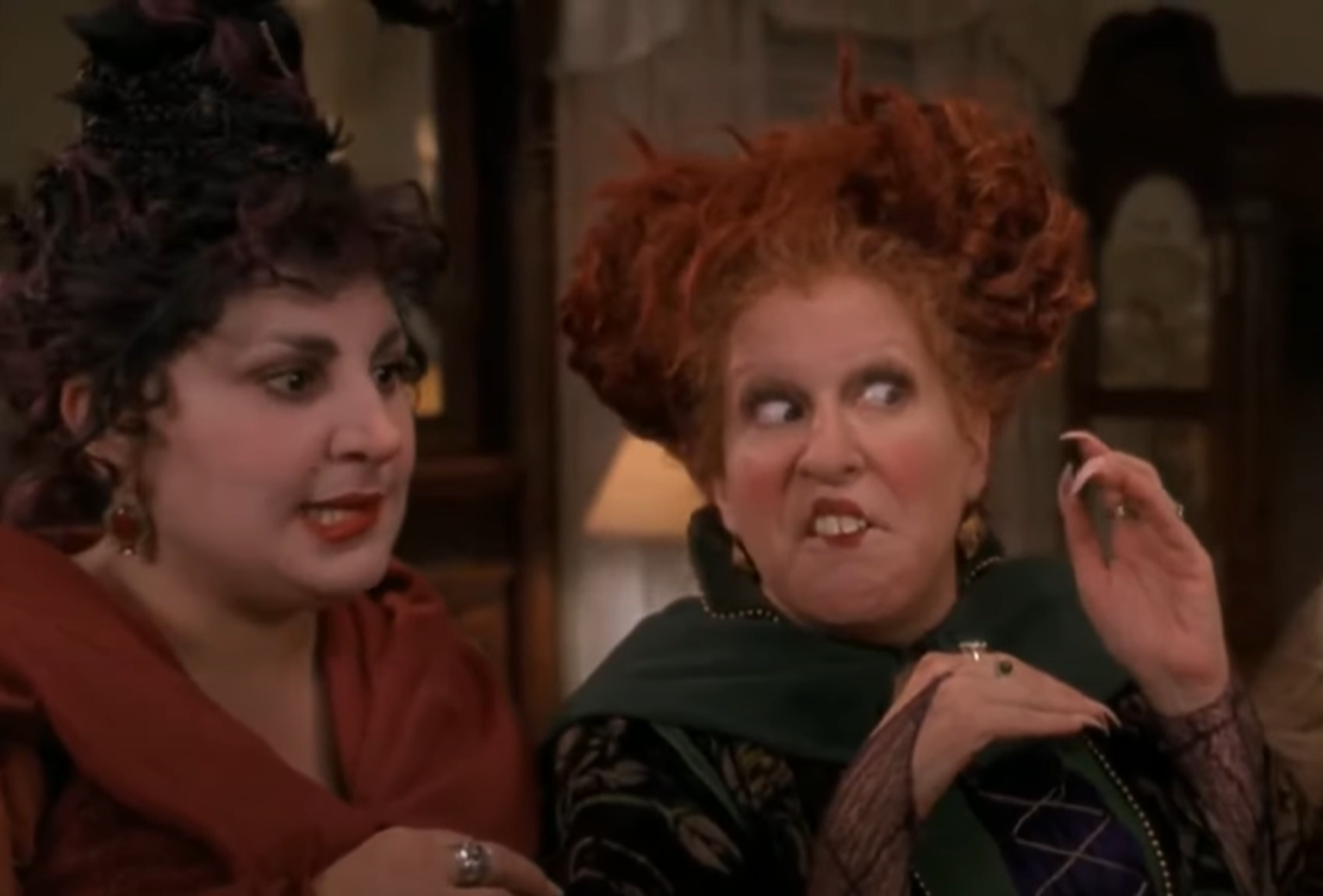 Walt Disney, Hocus Pocus (1993)
Walt Disney, Hocus Pocus (1993)
Idiocracy
When “Idiocracy” debuted, its crude humor and bleak prospects didn’t resonate with its time—it barely made a splash. But as real-world headlines inch closer to fiction, the movie’s satire of a dumbed-down future has become eerily prophetic. Now, its title is bandied about as shorthand for impending doom—and a strangely accurate political catchphrase.
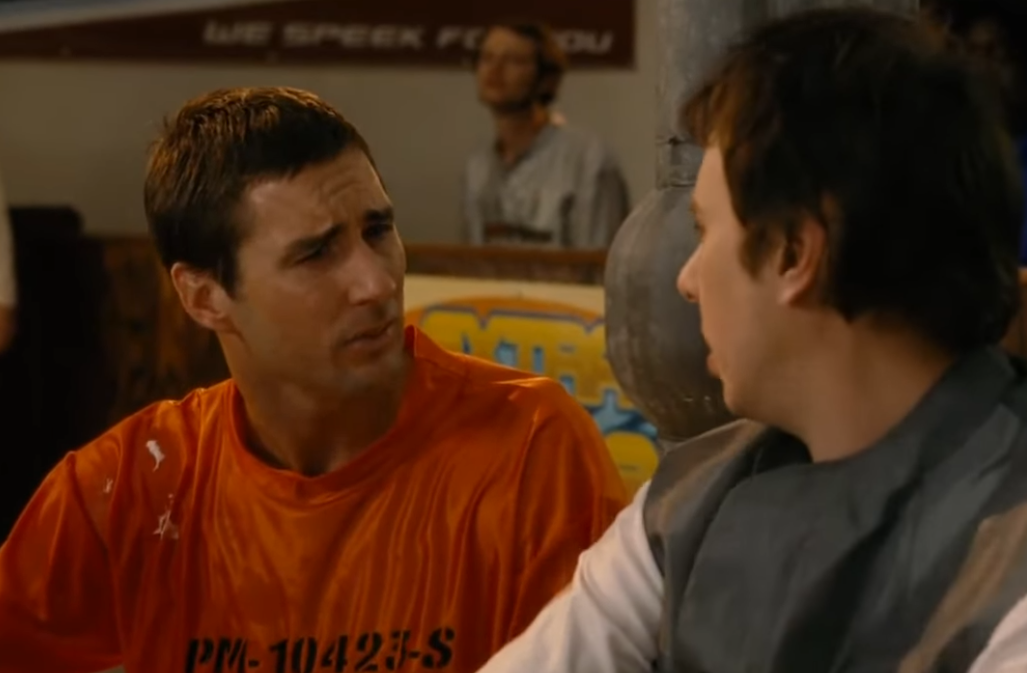 Twentieth Century, Idiocracy (2006)
Twentieth Century, Idiocracy (2006)
Dazed And Confused
This breezy ’70s teen flick earned less than $8 million on release, but critics liked it. Through later TV showings and a growing cult of slacker nostalgia, it turned into a generation-defining, foot-stomping coming-of-age anthem. “Alright alright alright” now echoes like a chant at every throwback party.
 Gramercy Pictures, Dazed and Confused (1993)
Gramercy Pictures, Dazed and Confused (1993)
Heathers
Heathers’ sharp, dark look at teen cliques and danger didn’t thrill theaters in 1989—it was too twisted for its time. But eventually, its razor-sharp wit, gothic irony, and Winona Ryder’s smirk helped it gain cult cred. Now, it’s essential viewing for anyone questioning why high school seems like lethal comedy.
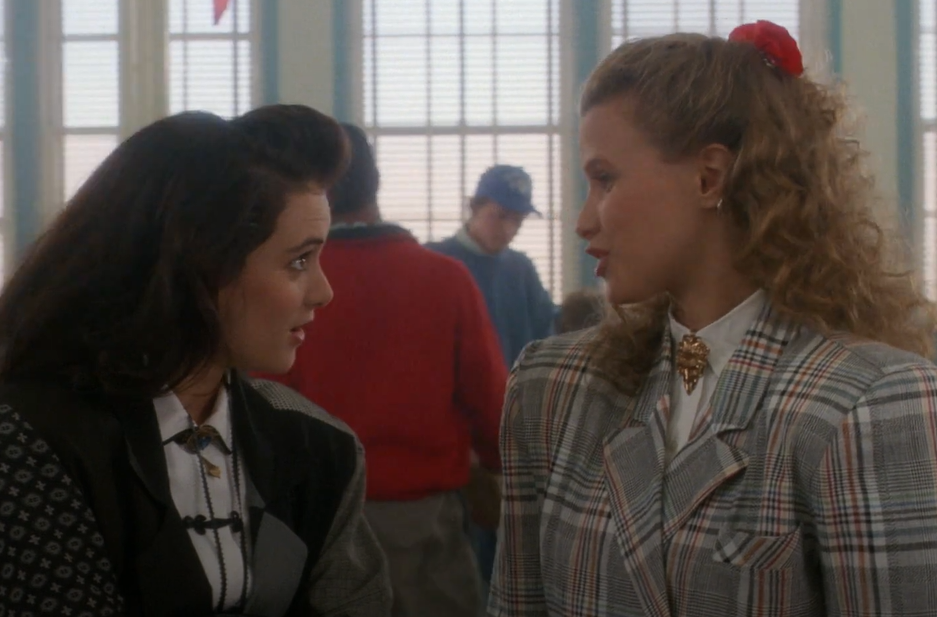 New World Pictures, Heathers (1988)
New World Pictures, Heathers (1988)
Labyrinth
Jim Henson’s puppet-packed labyrinth flop got lost in 1986 box-office mazes. But later, VHS and fantasy lovers reclaimed it—with David Bowie as a goblin king, and labyrinths of imagination everywhere. It became a uniquely whimsical classic, perfect for late-night sing-alongs and muppet-inspired makeovers.
 TriStar Pictures, Labyrinth (1986)
TriStar Pictures, Labyrinth (1986)
Willy Wonka And The Chocolate Factory
Gene Wilder’s weirdly charming 1971 confection underwhelmed early audiences expecting sugarshack cheer. But home video turned that candy-coated oddity into a gold ticket of eccentricity, blending dark humor and childhood wonder. Now people quote “It’s all gone!” with alarming glee.
 Warner Bros., Willy Wonka And The Chocolate Factory (1971-2023)
Warner Bros., Willy Wonka And The Chocolate Factory (1971-2023)
The Rocky Horror Picture Show
A notorious failure in 1975, “Rocky Horror” found life in midnight screenings where costumes, audience callbacks, and sheer weirdness turned it into a living theatre tradition. It’s now the longest-running theatrical release in history, beloved for its queer-friendly spirit and rebel energy.
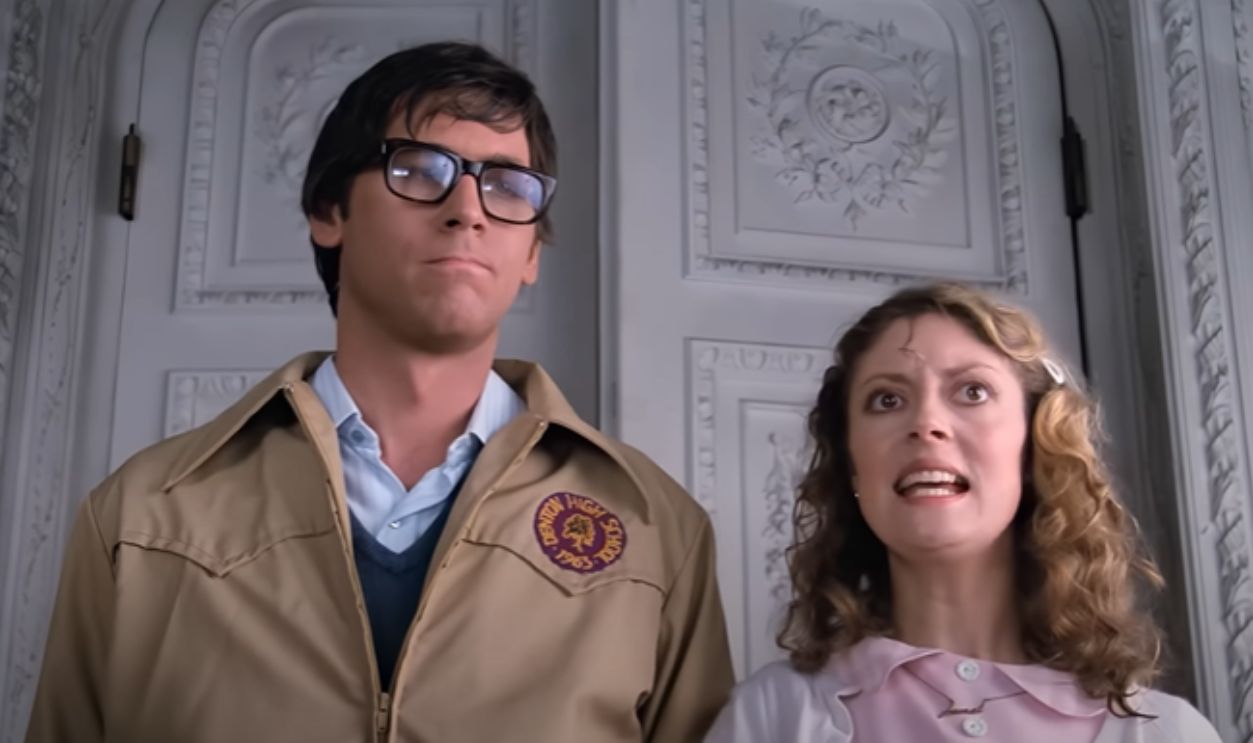 20th Century Fox, The Rocky Horror Picture Show (1975)
20th Century Fox, The Rocky Horror Picture Show (1975)
Clue
“Clue” confounded audiences with multiple endings and modest box-office returns back in 1985. But its witty cast, farcical twistiness, and board-game charm reanimated its status over time. Today, it’s a cult comedic gem that thrives on quoting, “Flames… on the side of my face”.
 Paramount Pictures, Clue (1985)
Paramount Pictures, Clue (1985)
Vertigo
Alfred Hitchcock’s swirling 1958 thriller was considered slow and unusual, earning lukewarm applause. But decades later—amid film scholar reevaluations—it shot to the top as one of cinema’s greatest psychological mysteries. A twist of fate, Hitchcock style.
Brazil
Terry Gilliam’s dystopian fable flopped due to studio edits making it incoherent. But once his director’s cut escaped the editing room, audiences embraced its surreal nightmare aesthetics. Brazil became a symbol of creative rebellion—against bureaucracy and bad movie edits alike.
 Universal Pictures, Brazil (1985)
Universal Pictures, Brazil (1985)
Galaxy Quest
This sci-fi parody about washed-up actors failing at the box office was declared “meh”. But fans and conventions latched onto its loving spoof of Star Trek fandoms. Now it’s celebrated for satire that beams with sincerity—live long and prosper, indeed.
Starship Troopers
Paul Verhoeven’s satirical sci-fi initially drew confusion instead of cheers. But over time, film nerds recognized its biting irony about fascism and propaganda. Now it’s loved as smart, scuzzy, bug-squashing satire that was way ahead of graduations of jerks.
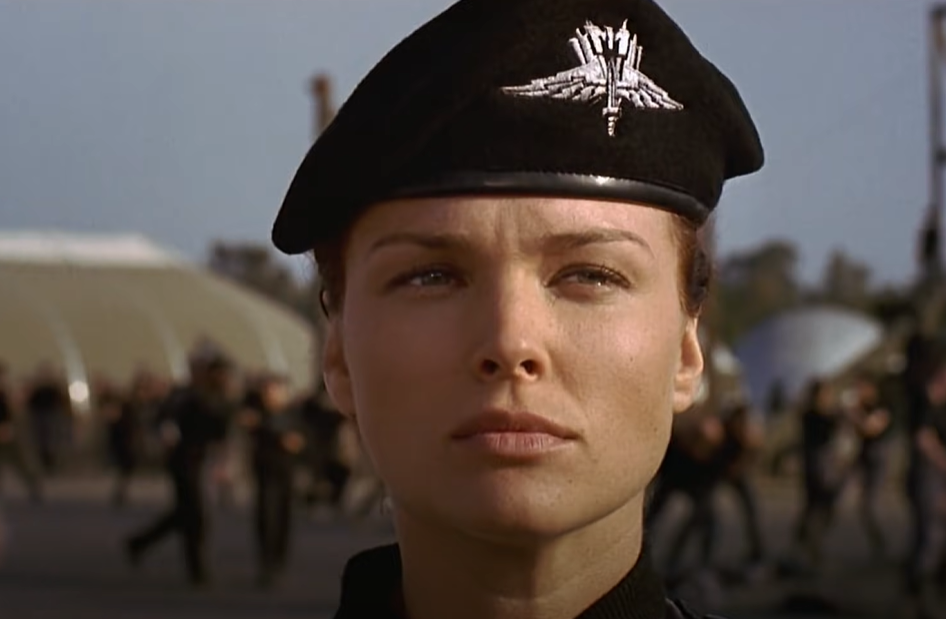 TriStar Pictures, Starship Troopers (1997)
TriStar Pictures, Starship Troopers (1997)
Event Horizon
This Lovecraftian space horror left theaters faster than its doomed ship. But later, genre fans embraced its intense atmosphere and cosmic terror. Now it holds a fiendish place in the hearts of those who like their nightmares with zero gravity.
 Paramount Pictures, Event Horizon (1997)
Paramount Pictures, Event Horizon (1997)
You May Also Like:
Complicated Movies That Flopped Because No One Knew What Was Going On
Hidden TV Gems You’ve Probably Never Seen
The Feud Between Marlon Brando And Frank Sinatra Nearly Turned Fatal
Source: 1


